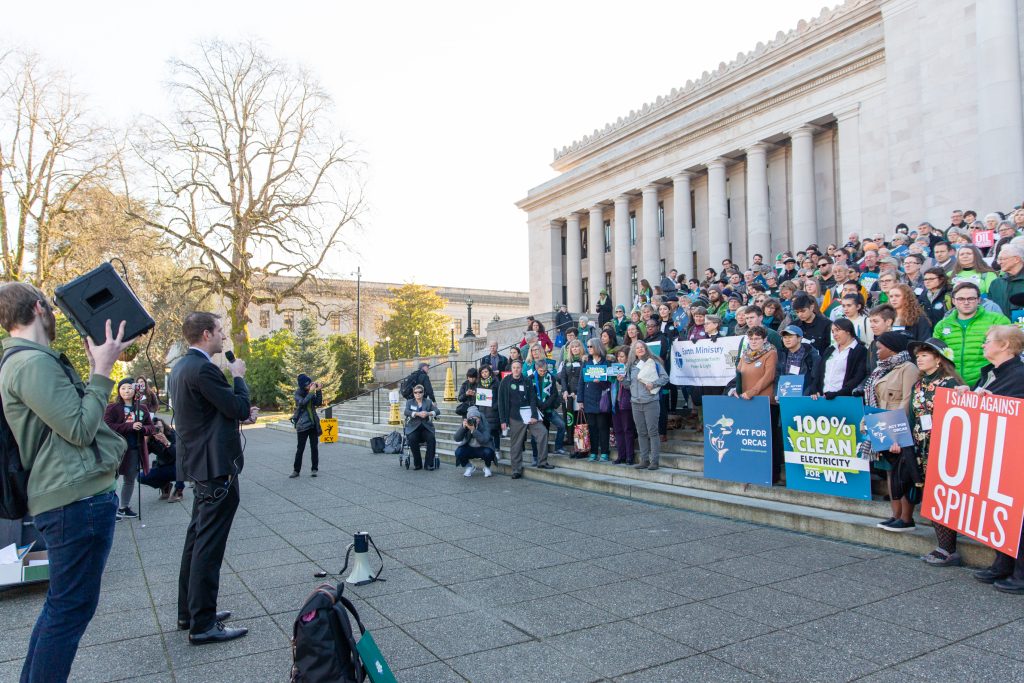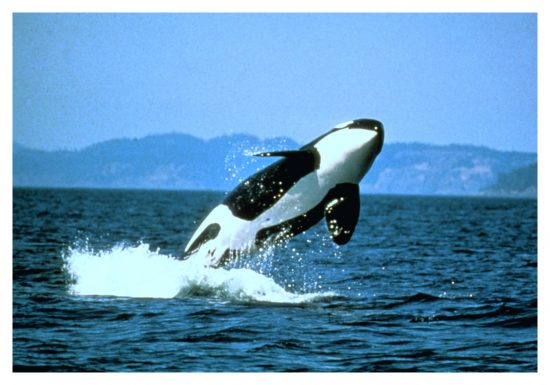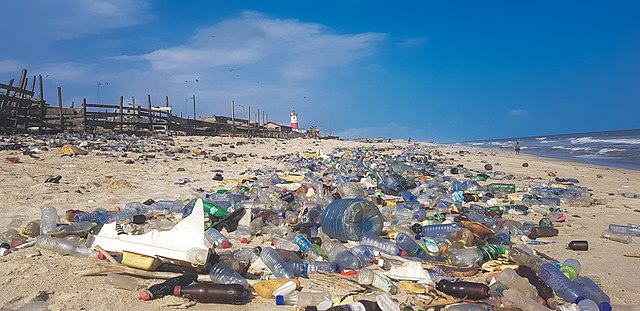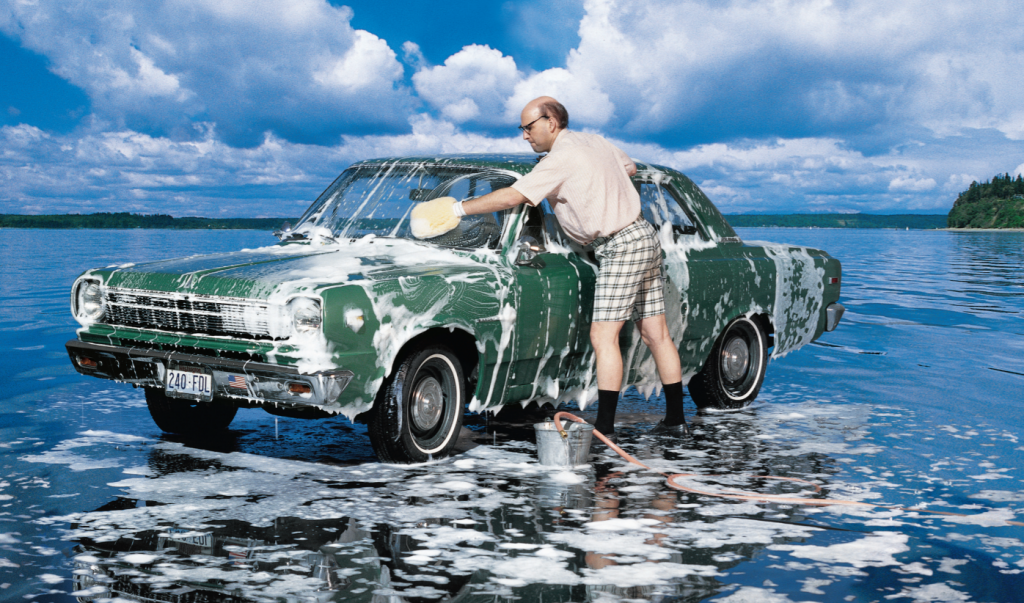
We are one third of the way through the 2019 Legislative Session, and the deadline for bills to advance out of policy committees is coming up next week. As Chair of the House Environment & Energy Committee, I want to provide an update on the status of some of the big environmental bills in the House. Each bill number below includes a link that takes you to the Legislature’s website, where you can sign up for email notifications to continue tracking the bill through the legislative process. I also welcome your emails with any questions, comments or concerns about these or other bills before my committee.
Sincerely,

Rep. Joe Fitzgibbon
Climate bills advance in House
The science is clear: climate change poses significant risks to our economy, our health, and our quality of life. The most recent National Climate Assessment, a federal report prepared by hundreds of scientists, details the disruptive impacts anticipated in the United States and the Pacific Northwest if we don’t take action now to cut greenhouse gas emissions. Several bills that would help move our state toward a cleaner future are moving forward in the House:
Clean Fuel Standard (HB 1110): Addresses our state’s biggest source of greenhouse gas emissions: the transportation sector. Transportation represents 45 percent of our emissions. A clean fuel standard would improve local air quality and provide economic benefits to Washington communities by increasing demand for biofuels produced here. The bill has advanced out of both the Environment & Energy Committee and the Transportation Committee, bringing it closer to a vote on the House floor.
Phasing out super pollutants (HB 1112): Hydrofluorocarbons, or HFCs, are primarily used in commercial and industrial refrigerants. They are known as “super pollutants” because they can be thousands of times more damaging to our climate than carbon dioxide. This bill phases out HFCs in our state and transitions to alternatives. It was voted out of the Environment & Energy committee on January 24 and is scheduled for a hearing in the Appropriations Committee on Monday, February 18.
100% Clean Electricity (HB 1211): This bill will help transition our state to a clean energy future by removing carbon emissions from the generation of electricity. It requires utilities to gradually transition away from fossil fuel-generated electricity, setting a preliminary “coal elimination” deadline of 2025, and a final “clean grid” deadline of 2045. The bill advanced out of the Environment & Energy Committee and is now in the Finance Committee.
Increasing Energy Efficiency (HB 1257): The fastest-growing source of emissions in Washington is emissions from buildings. By retrofitting old buildings and updating standards for new ones, we can cut carbon emissions quickly and economically, while creating good-paying jobs. This bill helps move us down that path. It advanced out of the Environment & Energy Committee this week.
Taking action to protect orcas

The orca is our state’s official marine mammal, and a significant symbol for Native Americans in our region. But our Southern Resident orca whales are on the verge of extinction. There are only 74 of them left, and if we don’t act to protect them now, this iconic species will not survive. According to the recommendations by the Southern Resident Orca Task Force, the dramatic decline of our orca population is caused by not enough food, pollutants in the water, and dangers from marine vessels and noise.
Like many of you, I was heartbroken by the images of a mother orca carrying her dead calf for over two weeks last year, especially knowing how fragile this population is. That’s why I strongly support the following bills that are moving through the House:
Increasing habitat for Chinook salmon and other forage fish (HB 1579): Habitat continues to be lost to irresponsible development, but this bill’s modest, common-sense, science-based protections can ensure that people, fish and orcas can coexist and thrive in our beautiful state. It was voted out of the Committee on Rural Development, Agriculture, & Natural Resources, and is scheduled for a public hearing in the Appropriations Committee next week.
Protecting our Salish Sea from oil spills (HB 1578): This bill would reduce threats to Southern Resident orcas by improving the safety of oil transportation on our waters. It is scheduled for executive action in the Environment & Energy Committee next week.
Reducing sources of toxic chemicals (HB 1194): Phthalates, PFAS, toxic flame retardants, phenolic compounds, and PCBs are polluting our homes and our waters. Exposure to certain harmful chemicals has been clearly linked to a variety of illnesses, birth defects, and reproductive issues. Reducing sources of toxics will not only help protect children and public health, but the recovery of endangered salmon and orca whales. The bill advanced out of the Environment & Energy Committee this week.
Reducing vessel noise and disturbance (HB 1580): Noise levels from vessels interfere with and can even impede an orca’s ability to communicate and find food. This bill requires vessels to stay at least 400 yards away from Southern Resident orcas and to travel under seven knots within one-half nautical mile of the whales. It is awaiting executive action in the Committee on Rural Development, Agriculture, & Natural Resources.
Addressing plastic pollution

Single-use and disposable plastics are cheap and convenient, but we are becoming increasingly aware of the global problem of plastic pollution. Items like plastic bags break down into harmful microplastics when they degrade in the environment, contaminating our beaches, marine environment and soil. The House is considering several bills aimed at limiting single-use plastics, incentivizing alternative materials, and reducing pollution:
Reducing pollution from plastic bags (HB 1205): Plastic bags are one of the most common items found in cleanups along our coast. They also pose problems in the recycling stream and to commercial composters, as well as contributing to the amount of waste we send to landfills. This bill encourages the use of reusable bags by restricting retail establishments statewide from providing single-use plastic bags. It advanced out of the Environment & Energy committee this week.
Reducing pollution from single-use plastic food service ware (HB 1632): Sets up a timeline and process to restrict the sale or provision of plastic food service products, including utensils, straws, and containers for food service businesses and other retail establishments. It is scheduled for executive action in the Environment & Energy committee next week.
Ensuring consumers have correct information about a product’s biodegradability (HB 1569): This bill restricts the labeling and marketing of certain products, including plastic products, food packaging, and food service ware, to ensure consumers aren’t misled about how compostable or biodegradable these products are. It was voted out of the Environment & Energy committee this week.
Green Tip of the Week

Protect our waterways from pollution by taking your car to a commercial car wash. Every time you wash your car on pavement – like in your driveway – it washes petroleum, phosphorus, copper, and other pollutants that harm marine life down the drain and into Puget Sound. If you do wash your vehicle at home, do so on a lawn or gravel surface, where the water can seep into the ground rather than running into a storm drain.
